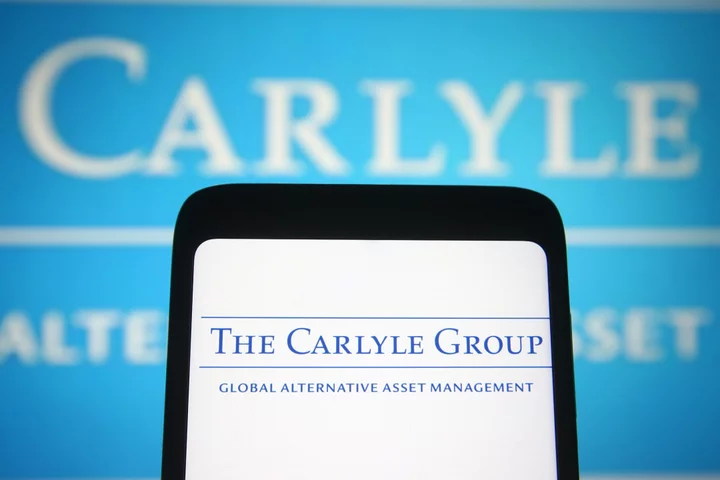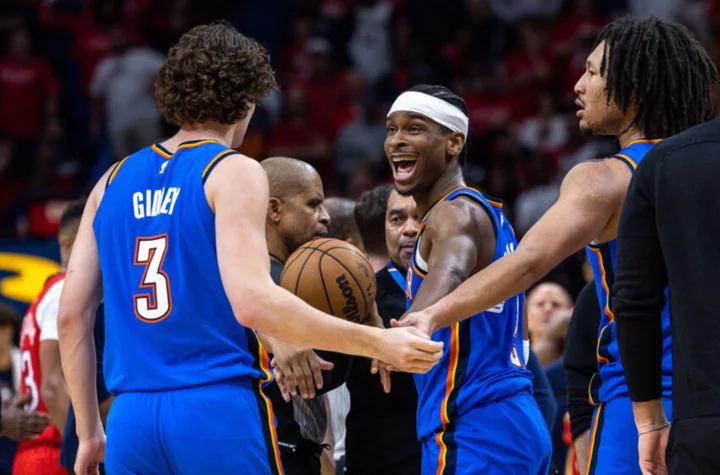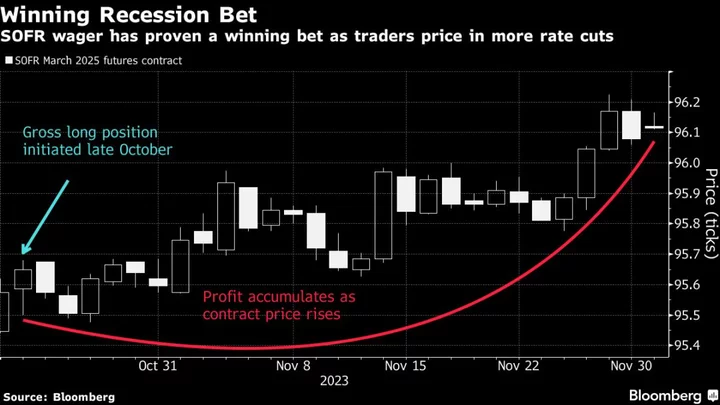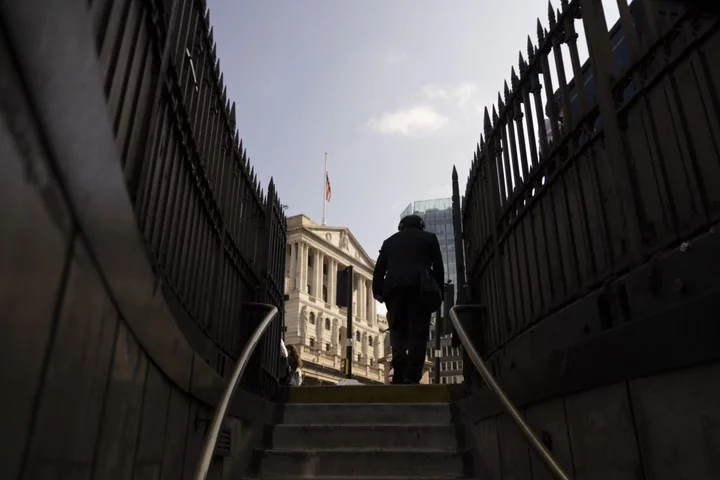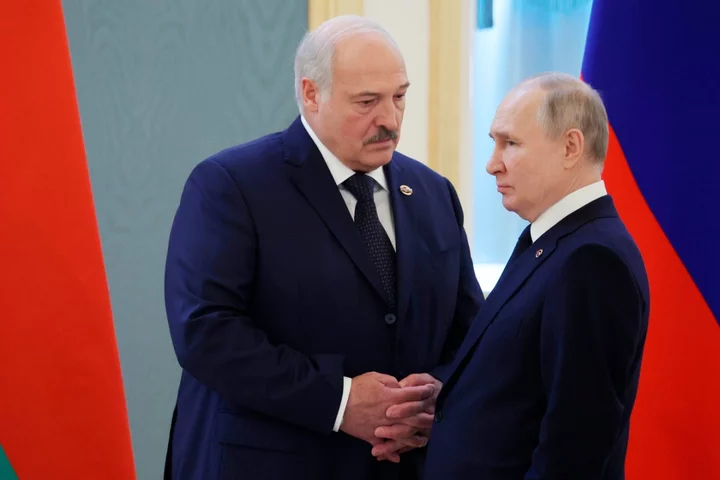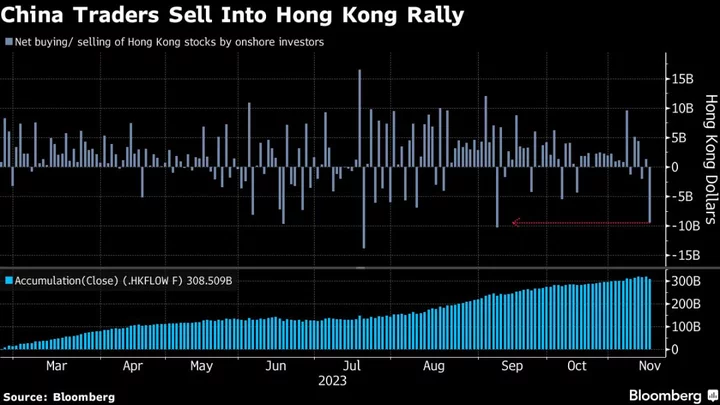Carlyle Group Inc. Chief Executive Officer Harvey Schwartz said he’s working with a sense of “urgency” to position the firm to grow after reporting a 43% drop in third-quarter distributable earnings.
The alternative asset manager cashed out of fewer bets than in past quarters amid a dealmaking slump across Wall Street. Profit available to shareholders totaled $367.4 million, or 87 cents a share, Washington-based Carlyle said Tuesday in a statement. That beat the 72-cent average estimate of analysts surveyed by Bloomberg.
The market climate is complicating Schwartz’s job as he seeks to steady the firm for growth, cut costs and boost Carlyle’s slumping stock. Carlyle shares fell 1% to $28.66 at 10:14 a.m. in New York and wavered between losses and gains.
Shares dropped about 2.4% this year, compared with gains of about 30% for rivals Blackstone Inc., Apollo Global Management Inc. and KKR & Co.
On the firm’s quarterly call with Wall Street analysts, Schwartz said he understood that investors were hungry to know about Carlyle’s long-term plans.
“I truly appreciate your urgency around this,” he said in response to a question about the firm’s strategy. He assured the audience that Carlyle’s executives “have way more urgency than you do.”
Dealmakers are struggling to exit bets at favorable prices, which would allow them to return cash to investors. Buyers have been deterred by rising debt costs after the Federal Reserve aggressively hiked interest rates to combat surging inflation, sending the yield on the benchmark 10-year Treasury to about 5%. Higher rates have crimped asset values.
Carlyle’s third-quarter net income plunged 71% to $81.3 million from a year earlier, reflecting a decline in the value of assets it still holds. Fee-related earnings fell 3.7%.
The firm cut general and administrative expenses by 19% in the period after it eliminated some fees paid for professional services and reduced spending on marketing. Some of the cost savings came from the private equity business, boosting fee-related earnings.
The firm is planning $40 million in savings for 2024, mostly from cutting compensation.
“There is no such thing as a sacred expense,” New Chief Financial Officer John Redett said on the call.
Schwartz told analysts that cost discipline would give the firm more flexibility to invest in growth. The CEO has hopes to grow bigger by reaching more individuals and broadening its presence as an investor for insurance firms.
He sought to assure shareholders he didn’t plan to destabilize a firm rocked by a slew of leadership shifts in recent years. Carlyle planned to go about changes in a “surgical and methodical process,” he said.
Key Client
Assets under management fell 1% from the end of the second quarter to $382 billion as Fortitude Re, a key Carlyle client, was squeezed as surging yields eroded the value of the insurer’s bond portfolio.
Carlyle has used money from insurers and other big institutions to grow a credit division that provides financing to companies. Fortitude’s deal with Lincoln National Life Insurance Company is expected to close later this November and will boost assets and fees over time for both the insurer and Carlyle.
A business within the unit, which arranges financing for Carlyle’s portfolio companies, took in lower fees as deals slowed. Meanwhile, a division that builds portfolios and buys fund stakes for investors reported higher fee earnings with new funds.
Across all strategies, Carlyle raised $6.3 billion from investors in the third quarter, on par with the $6 billion it raised in the same period a year earlier. That’s down sharply from the $21.7 billion Carlyle raised in the same quarter of 2021 when pensions and endowments were flocking to buyouts.
“We’ve not been pleased with our pace of fundraising thus far in 2023,” Schwartz said, adding that the firm expects it to ramp up in the final quarter.

